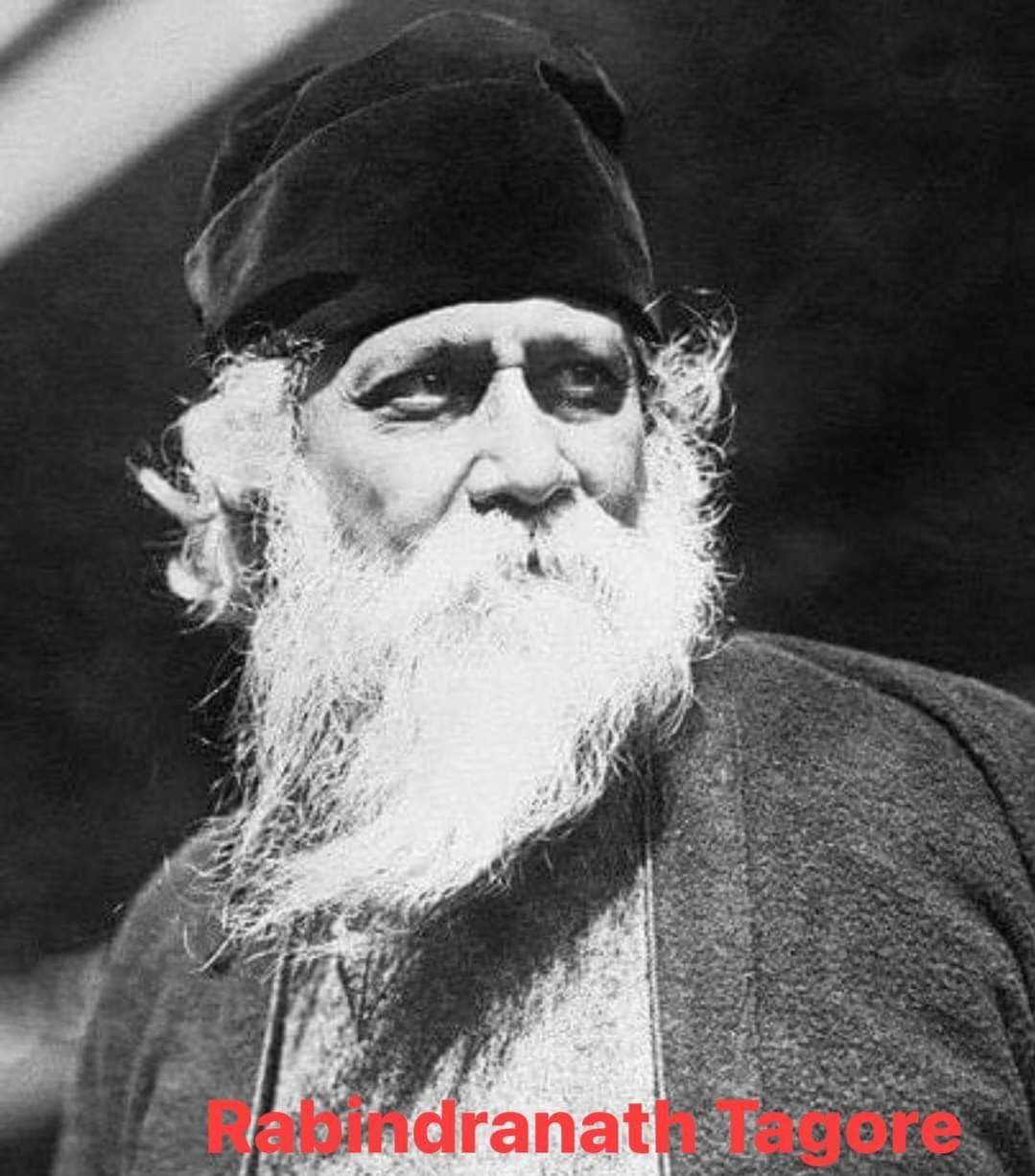Rabindranath Tagore emerged as a shining beacon of poetic excellence during the Indian Renaissance period.
Rabindranath Tagore emerged as a shining beacon of poetic excellence during the Indian Renaissance period. He was born into the distinguished Tagore family in Calcutta on May 7, 1861, as the youngest child of Debendranath Tagore and Sarada Devi. The Tagore home was a nucleus of cultural endeavors, significantly contributing to the Bengal Renaissance, which deeply influenced the young Rabindranath.
Tagore, who was educated at home, showed an early disinterest in formal education. However, his creative talent blossomed at a young age; he started composing poems when he was just eight and by sixteen, had already published works under the pseudonym Bhanusimha, including the well-known collection "Sandhya Sangit."
Dissatisfied with the traditional education system, Tagore briefly pursued formal education in England but returned to India disillusioned. He continued his literary pursuits, revitalizing Bengali literature by introducing new forms of prose and verse and incorporating colloquial language, thus liberating it from its classical Sanskrit constraints.
Tagore's literary brilliance received international acclaim when he was awarded the Nobel Prize for Literature in 1913 for "Gitanjali" (Song Offerings), making him the first non-European laureate. This collection showcased his profound yet accessible mysticism and spirituality.
Beyond his literary endeavors, Tagore was a multifaceted personality— a composer, playwright, essayist, and painter. He also made significant contributions to education and rural development, founding Visva Bharati University at Shantiniketan. This institution broke away from conventional teaching methods by holding classes outdoors, a practice that continues today.
Tagore also ventured into the political domain, critiquing British imperialism and supporting Indian nationalism, albeit with a critical perspective on nationalism itself, shared through his essays and lectures.
His legacy further includes the distinction of having composed the national anthems for both India ("Jana Gana Mana") and Bangladesh ("Amar Shonar Bangla"). Tagore's influence as a cultural icon and thinker persists, inspiring generations across the globe.
Tagore's life came full circle with his passing on August 7, 1941, in the Jorasanko mansion where his journey began. His death marked not just the end of an epoch but also the perpetuation of a legacy that lives on in the wisdom, inspiration, and comfort found in his words.


